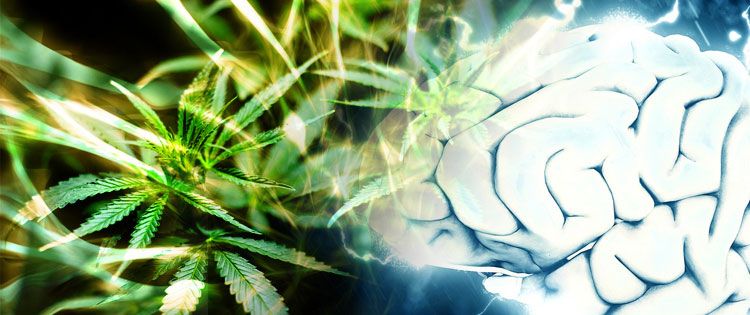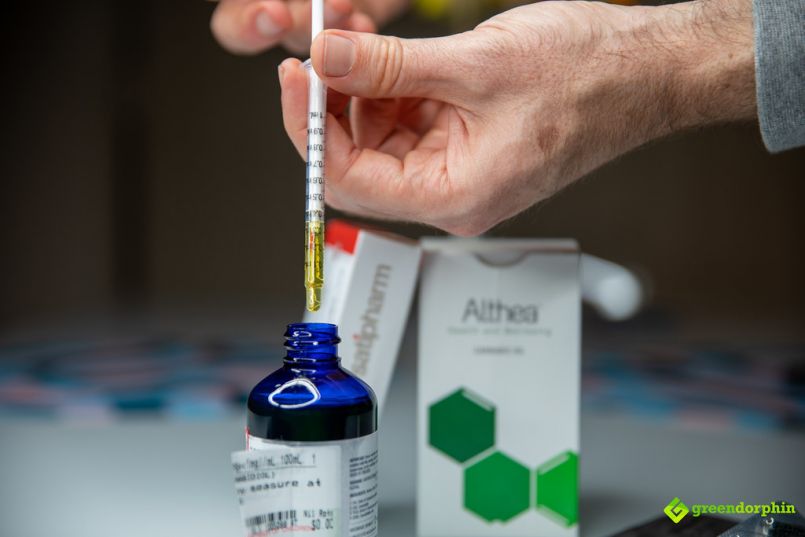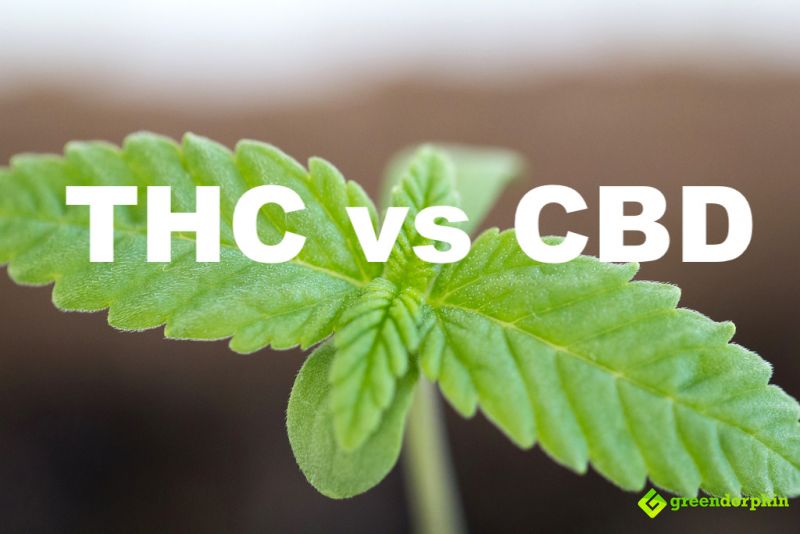Do you prefer holistic approaches to medicine? Are you facing a chronic illness or ailment and looking for alternative treatment methods?
If you want to ditch your medication or supplement your current treatment plan with CBD, you’ve come to the right place.
Here we’ll cover the many health benefits of CBD and a few questions to ask your doctor before incorporating this beneficial herb into your daily routine.
What Medical Conditions Can CBD Treat?
Before you broach the subject of CBD use with your doctor, it’s important that your medical condition warrants its use.
Here’s a breakdown of some of the most common ailments and how CBD might help.
Anxiety
According to a recent study, 40 million Americans struggle with some form of anxiety. While there are plenty of prescription medications available to treat symptoms, CBD is proven to be a gentler, more holistic way to reduce anxiety.
CBD interacts with your body’s natural endocannabinoid system. This reaction triggers the brain to release feel-good hormones known as endorphins, increasing feelings of relaxation, calm, and happiness. CBD may also increase serotonin levels.

Insomnia
If you have trouble falling and staying asleep, CBD might help. Similar to the way CBD helps reduce anxiety, it also helps prepare your body for sleep.
By triggering feelings of calm and relaxation, insomnia sufferers are able to fall asleep faster and achieve a better night’s sleep.
In some patients, CBD might actually increase your energy levels during the day, which means by the end of the day your body will welcome sleep.
Chronic Pain
Chronic pain can be debilitating. If physical therapy or prescription medications aren’t enough, CBD can help. CBD is said to help reduce inflammation in patients dealing with back and neck pain and arthritis.
CBD may also increase your body’s ability to handle pain and positively interact with your brain’s pain receptors, reducing pain and bringing much-needed relief.
The best part is, users won’t experience any unwanted side effects or feelings of being high or under the influence.
Gastrointestinal Issues
If you suffer from nausea, abdominal pain, IBS (irritable bowel syndrome), bloating, or other digestive issues, CBD can help.
CBD is reported to help reduce abdominal swelling and bloating. CBD can improve digestion and reduce feelings of nausea and diarrhea.

Cancer
More research is developing about CBD use for treating some cancer symptoms and side effects of chemotherapy.
While there’s no proof that CBD can heal, cure, or treat cancer itself, there is some evidence that CBD use helps reduce the side effects and symptoms associated with some forms of cancer. Certain symptoms include nausea, insomnia, headaches, anxiety, and neuropathy.
Questions to Ask Your Doctor
Aside from asking your doctor if your current illness can benefit from the use of CBD, here are a few other questions to ask.
What Are the Potential Side Effects?
Like with any new medication or treatment regime, it’s important to know the potential side effects and warning signs. While everyone reacts differently to the use of any supplement or medication, here are a few common side effects associated with CBD use.
- Changes in weight
- Dry mouth
- Fatigue
- Changes in appetite
- Low blood pressure
- Nausea
If you experience any of these side effects, let your doctor know. It’s also important to discuss any possible interactions between CBD and your current medications.
Your doctor should know all prescriptions you’re currently taking and if CBD may reduce their effects or cause additional complications.
Do I Need a Prescription?
You may be wondering if CBD requires a prescription. The answer is no. Because CBD is legal in all 50 states and doesn’t contain high levels of THC, you can safely and legally purchase products.
Medical marijuana, on the other hand, which does contain high levels of THC and is used to treat similar conditions, does require a prescription and medical marijuana card for legal purchase and consumption.

How Much CBD Should I Take?
While you can’t overdose on CBD, you may be wondering how much CBD should I take the first time? The answer depends on several factors including your age, gender, weight, the condition you’re treating, and the type of CBD product you’re taking.
Oral CBD products take much longer to take effect than CBD that is smoked or used topically. Your doctor will advise you on what dose to start with and how quickly to increase the amount.
First-time users should always start slow and wait to see how their body reacts before taking more.
What Kind of CBD Product Should I Use?
The type of CBD product you use is mostly a personal preference. While some people enjoy smoking CBD or adding a drop of CBD oil under their tongue, others prefer gummies, edibles, or topical creams.
Ask your doctor which CBD product is best for your specific condition. Although most CBD products provide the same benefits and effects, certain forms of CBD treat certain ailments more effectively.

How Will It Make Me Feel?
While your doctor can’t predict exactly how CBD will make each individual patient feel, they can provide you with some insight. One thing they can guarantee is that you won’t feel high the way you would if you consumed a product with high levels of THC.
THC has psychoactive effects and causes feelings of disorientation, hunger, and confusion. CBD products contain less than .3% THC, which means you won’t feel high or out of control.
Consider CBD as an Alternative Treatment Option
Whether you’re tired of your current treatment regime or you’re looking to supplement your current medications, CBD might help.
First, determine if CBD can help your specific condition. Next, have an open conversation with your doctor about their recommendations for you, the type of product to use, and how much CBD you need to feel its benefits.
- Why CBD Gifts Could Be the Perfect Present For Your Loved Ones - July 15, 2020
- Common Kratom Myths Debunked - July 14, 2020
- The Pros and Cons of Different CBD Extraction Methods - May 8, 2020


